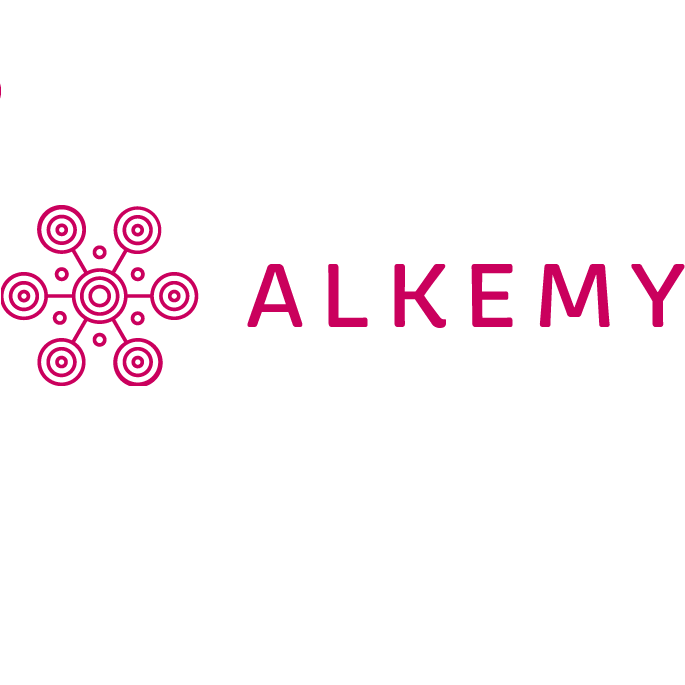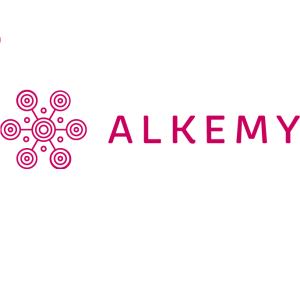Lithium has many more uses than commonly imagined, being essential in mobile phones, tablets, laptops, electric vehicles, building materials, air conditioning, dyes, glass containers, medicines, astronaut suits, and submarines. As the world moves towards energy transition, the demand for lithium is expected to nearly quadruple by 2030, rising from 675,000 tons of lithium carbonate equivalent (LCE) in 2022 to 2.7 million tons. The primary driver of this growth will be the electric vehicle market, which is forecasted to double by 2030.
Currently, Australia leads in lithium production with 50% of the market, followed by Chile with 25%, and China with 13%. In Europe, Portugal holds nearly 1% of the global market share, ranking eighth worldwide, while Spain could potentially become the second-largest producer in Europe due to significant reserves in Extremadura.
Lithium, discovered in 1817 by Swedish chemist Johan August Arfwedson, is the lightest and softest metal known. Its ability to store large amounts of energy in a small space makes it crucial for lithium-ion batteries used in electric vehicles. However, sustainable mining of lithium remains challenging due to its high energy and water consumption, as it is not found in pure form and must be extracted from rocks and processed extensively. Despite these challenges, growing interest in lithium presents opportunities for improving extraction and production methods.
Alkemy Capital Investments plc (LON:ALK) is focussed on developing projects in the energy transition metals sector. Tees Valley Lithium is developing a state of the art lithium hydroxide plant at Teesside, UK. Tees Valley Graphite is developing the UK’s first natural graphite active anode material processing facility at the ‘plug-and-play’ Wilton International Chemicals Park.


